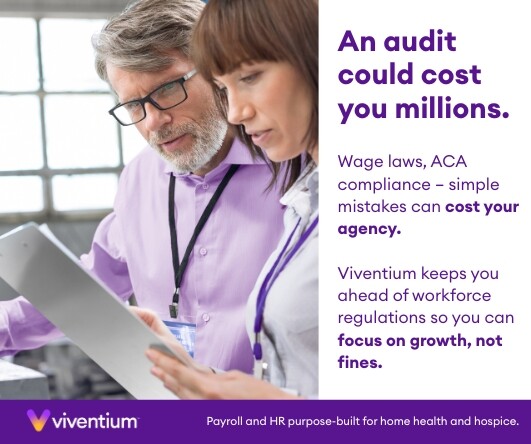by Bryan Robinson, PH.D. Contributor
author of Chained to the Desk in a Hybrid World: A Guide to Balance
 April is National Stress Awareness Month with the goal of raising awareness of the impacts of stress. According to the American Psychiatric Association, 26% of respondents anticipate they will be more stressed in 2023 and their mental health will be worse. Two out of five adults ranked their mental health from “fair” to “poor.” When you have fewer stressors, you have increased emotional stability, better moods and overall superior health. This month is a time to pay special attention to how you can remain stress-free throughout your workday, and you can do that in very simple ways. You don’t have to quit your day job or even work fewer hours. You can continue your daily work routines while practicing stress reducers at the same time. The one thing you must do is have a stress awareness plan that you can practice at work.
April is National Stress Awareness Month with the goal of raising awareness of the impacts of stress. According to the American Psychiatric Association, 26% of respondents anticipate they will be more stressed in 2023 and their mental health will be worse. Two out of five adults ranked their mental health from “fair” to “poor.” When you have fewer stressors, you have increased emotional stability, better moods and overall superior health. This month is a time to pay special attention to how you can remain stress-free throughout your workday, and you can do that in very simple ways. You don’t have to quit your day job or even work fewer hours. You can continue your daily work routines while practicing stress reducers at the same time. The one thing you must do is have a stress awareness plan that you can practice at work.
A Stress Awareness Plan Keeps Job Stress At Bay
My 2023 New Years Resolution was to do one kind thing each day for someone—especially strangers. It has heightened my awareness of how important and easy it is to be kind to others without taking extra time. Plus, how simple it is to practice and how good it makes me feel (and hopefully the other person) in just minutes. A work stress awareness plan has the same effect. Here’s how it works. Simply choose one thing to commit to each day that you can accomplish in three to five minutes to mitigate stress during your workday.
A max of five minutes of chill a day can have mental and physical benefits to keep you engaged, calm and energized on the job. These short work breaks lead to higher job engagement and performance as well as better sleep, increased immunity, lower blood pressure, improved digestion and increased emotional well-being. In fact, research from scientists at North Carolina State University shows the value of what I call Microchillers or taking what the researchers call Microbreaks throughout the workday. These short breaks—I recommend five minutes or less—are effective energy management strategies as simple as stretching, walking up and down stairs, gazing out a window at nature, snacking or having a five minute mindful meditation.
©2024 by The Rowan Report, Peoria, AZ. All rights reserved. This article originally appeared in Forbes. All rights reserved. For information on reprinting any of our articles, contact editor@therowanreport.com



